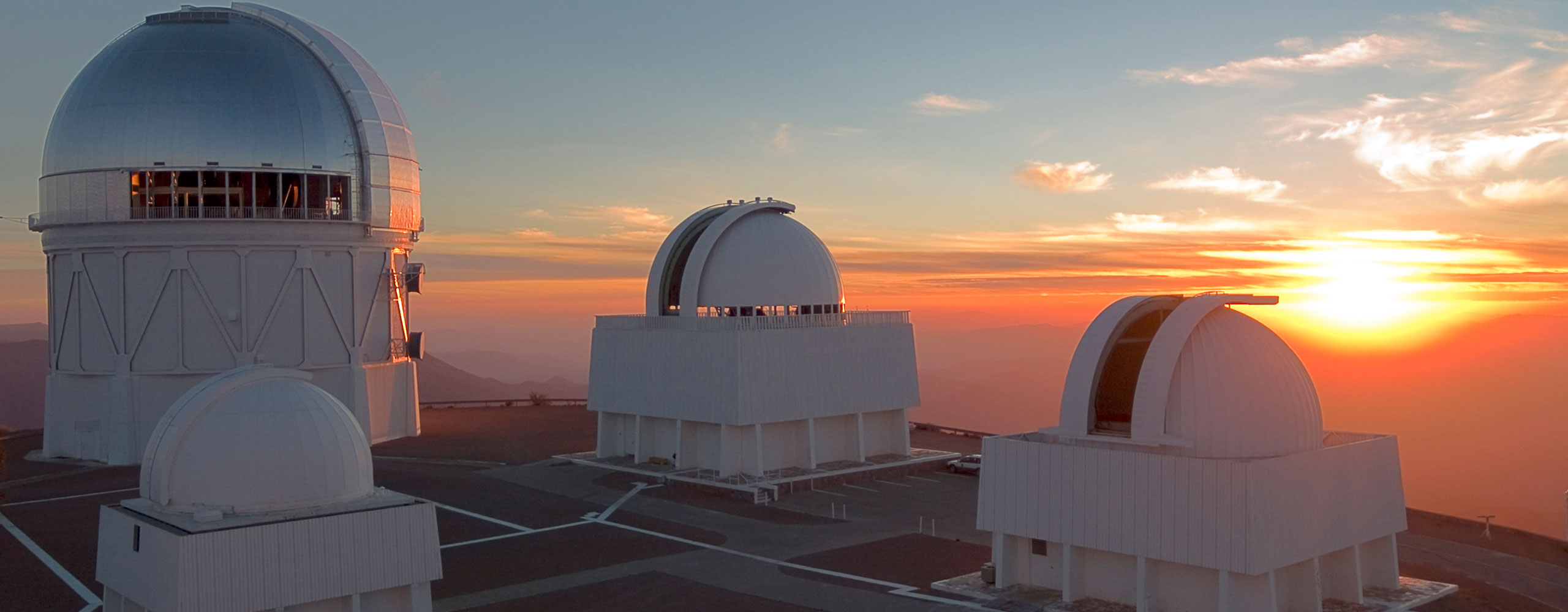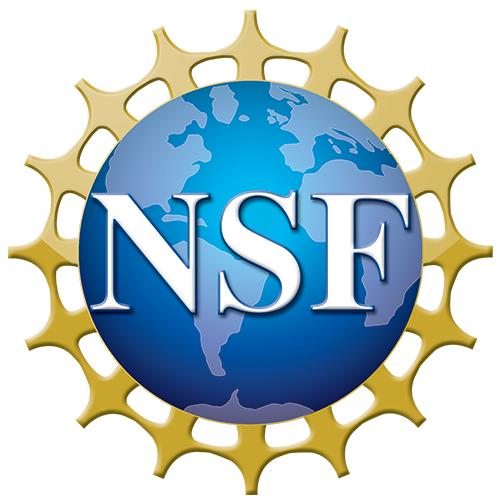
From the first observations in 1965, Cerro Tololo, located in Chile, has served as the principal platform for U.S. astronomical investigation of the southern skies.
Cerro Tololo Inter-American Observatory (CTIO), a program of the NSF NOIRLab, is a complex of astronomical telescopes and instruments located approximately 500km (310 miles) north of Santiago, and 80 km (50 miles) to the east of La Serena, Chile, at an altitude of 2200 meters (7200 feet).
CTIO operates the 4.0-meter Blanco telescope on Cerro Tololo which features the Dark Energy Camera (DECam), a high-performance, wide-field CCD imager built to carry out the Dark Energy Survey (DES) (a US Department of Energy Office of Science-led project). It also operates the 4.1-meter Southern Astrophysical Research (SOAR) Telescope on the adjacent Cerro Pachón (a partnership between Ministério da Ciência, Tecnologia, Inovações e Comunicações Brazil, NSF NOIRLab, the University of North Carolina at Chapel Hill and Michigan State University). The Cerro Tololo 1.5-meter and 0.9-meter telescopes are being operated by the SMARTS Consortium with support from CTIO. Cerro Tololo also hosts 11 tenant observatories and research projects, operating more than 20 telescopes, providing a platform for access to the southern hemisphere for US and worldwide scientific research.

CTIO is operated by NSF NOIRLab, which is managed under a cooperative agreement with the U.S. National Science Foundation by the Association of Universities for Research in Astronomy (AURA).
